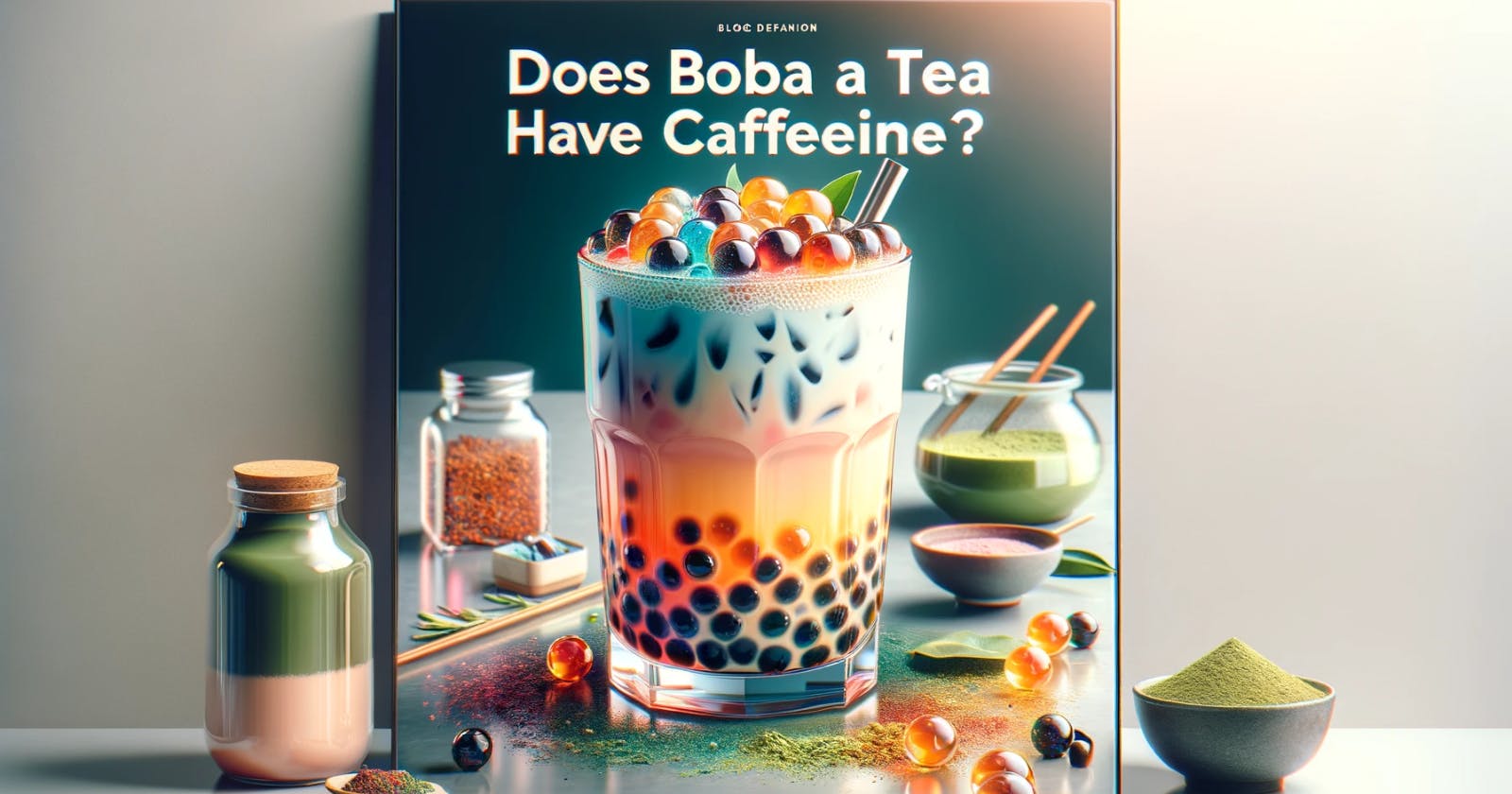Boba tea, also known as bubble tea or pearl milk tea, has become a popular beverage around the world, especially among younger generations. This delightful drink combines tea, milk, and chewy tapioca pearls (boba) to create a unique and refreshing experience.
However, one question that often arises is whether boba tea contains caffeine. The answer is not as straightforward as it may seem, as it depends on the type of tea used and the specific ingredients in the drink.
What is Boba Tea?
Boba tea originated in Taiwan and has since gained global popularity. It typically consists of three main components: tea, milk or non-dairy creamer, and tapioca pearls (boba).
The tea base can be either black, green, or oolong tea, while the milk or non-dairy creamer adds a creamy texture and richness to the drink. The chewy tapioca pearls, made from tapioca starch, provide a unique and fun texture.
Does Boba Tea Contain Caffeine?
The caffeine content in boba tea largely depends on the type of tea used as the base. If the tea base is black tea or oolong tea, then the drink will contain caffeine. Black tea typically has higher levels of caffeine compared to green tea or oolong tea.
On the other hand, if the tea base is made from herbal teas or fruit-based teas, then the boba tea will be caffeine-free.
Factors Affecting Caffeine Content
Apart from the type of tea used, several other factors can influence the caffeine content in boba tea:
Tea Brewing Time: The longer the tea is brewed, the higher the caffeine extraction from the tea leaves.
Tea Quantity: Using more tea leaves or tea bags can increase the caffeine content in the drink.
Additional Ingredients: Some boba tea shops may add coffee or espresso shots to the drink, further increasing the caffeine levels.
Milk or Non-Dairy Creamer: While milk or non-dairy creamer does not contribute to the caffeine content, it can dilute the overall caffeine concentration in the drink.
It's essential to check with the specific boba tea shop or read the ingredient list to determine the caffeine content accurately.
Conclusion
In summary, boba tea can contain caffeine, depending on the type of tea used as the base. If the tea base is black tea or oolong tea, the drink will have varying levels of caffeine.
However, if the tea base is herbal or fruit-based, the boba tea will be caffeine-free. Additional factors like brewing time, tea quantity, and added ingredients can also influence the caffeine content.
As a general rule, if you're looking to limit your caffeine intake, it's best to opt for boba tea made with herbal or fruit-based teas or inquire about the specific caffeine content before ordering.

